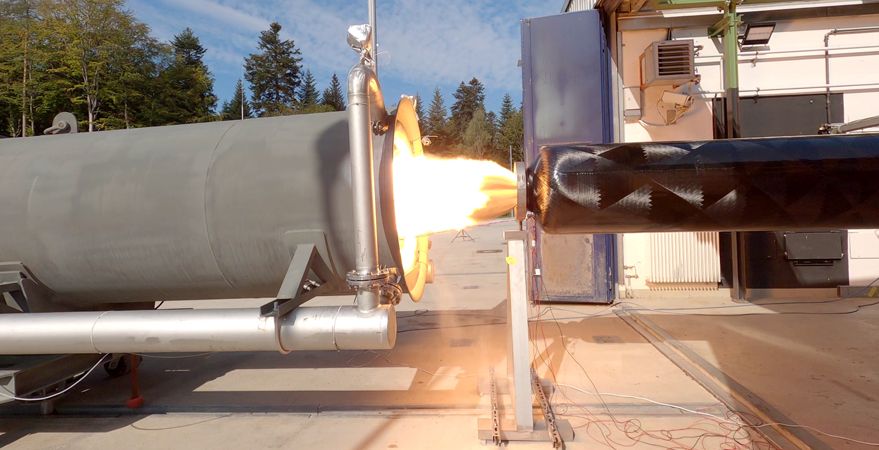SinoVac has developed one of the four Chinese vaccines in last-stage human trials as Beijing throws open doors to new production facility.





Tesla has purchased additional land at its Giga Texas production facility, reports indicated late Friday.
Deed records from Travis County, Texas, indicate that Tesla has purchased an additional 381-acre piece of land that sits directly adjacent to the 2,100-acre site that the electric automaker purchased earlier in 2020.
The Statesman, a Texas-based news outlet, stated that the additional land was obtained by Tesla on Harold Green Road, which is the same location as its currently-owned piece of property. The report said:

The explosive successes of AI in the last decade or so are typically chalked up to lots of data and lots of computing power. But benchmarks also play a crucial role in driving progress—tests that researchers can pit their AI against to see how advanced it is. For example, ImageNet, a public data set of 14 million images, sets a target for image recognition. MNIST did the same for handwriting recognition and GLUE (General Language Understanding Evaluation) for natural-language processing, leading to breakthrough language models like GPT-3.
A fixed target soon gets overtaken. ImageNet is being updated and GLUE has been replaced by SuperGLUE, a set of harder linguistic tasks. Still, sooner or later researchers will report that their AI has reached superhuman levels, outperforming people in this or that challenge. And that’s a problem if we want benchmarks to keep driving progress.
So Facebook is releasing a new kind of test that pits AIs against humans who do their best to trip them up. Called Dynabench, the test will be as hard as people choose to make it.

Summary: Non-invasive brain stimulation technology may enhance the human system’s ability for rapid and adaptive decision making.
Source: US Army Research Laboratory
Future technology may be able to monitor and modify the brain to produce enhanced team performance, while increasing the efficiency and accuracy of decisions.

In order to slow aging, it’s important to know how circulating biomarkers change during aging, and how these biomarkers are associated with risk of death for all causes. In this video, I discuss blood test data for the oldest old, including centenarians (100 — 104y), semi-centenarians (105 — 109y), and super-centenarians (110y+).

HyImpulse completed the first hot-fire test of the company’s 16,800-pounds-force hybrid rocket motor on Sept. 15. Credit: HyImpulse.
VALLETTA, Malta — Launch startup HyImpulse successfully tested its 16,800-pounds-force hybrid rocket motor this month at German space agency DLR’s Lampoldshausen facility.
Headquartered in Neuenstadt am Kocher, Germany, HyImpulse is developing its three-stage SL1 launch vehicle designed to carry payloads of up to 500 kilogram to Sun-synchronous orbit. The light-lift launch vehicle will be powered by twelve 16,800-pounds-force hybrid rocket motors — eight on its first stage, and four on its second stage — plus four smaller but otherwise identical engines powering its third stage.
The HyImpulse-developed hybrid rocket motor is powered by a paraffin-based fuel and liquid oxygen. The motor is designed to make use of simpler hardware than a liquid-fueled system while offering greater safety than strictly solid-fueled motors.

Like many who grew up in East Germany, Dr. Gert Lube always yearned to travel and explore different places. Ten years after the fall of the Berlin Wall, when he was a first-year geology student at the University of Greifswald, he heard about a field trip to Iceland and seized the opportunity.
Notwithstanding that the trip was only open to second- and third-year students, Dr. Lube managed to talk his way into tagging along. It was a journey that would change the course of his life forever and spark his interest in volcanology.
I was brought up in a country with closed borders and so I grabbed every opportunity that came my way to go abroad and see landscapes that I hadn’t seen before. I saw my first volcano on this field trip, and I was quite astounded by how different a volcanic landscape was to anything I had experienced up until then.